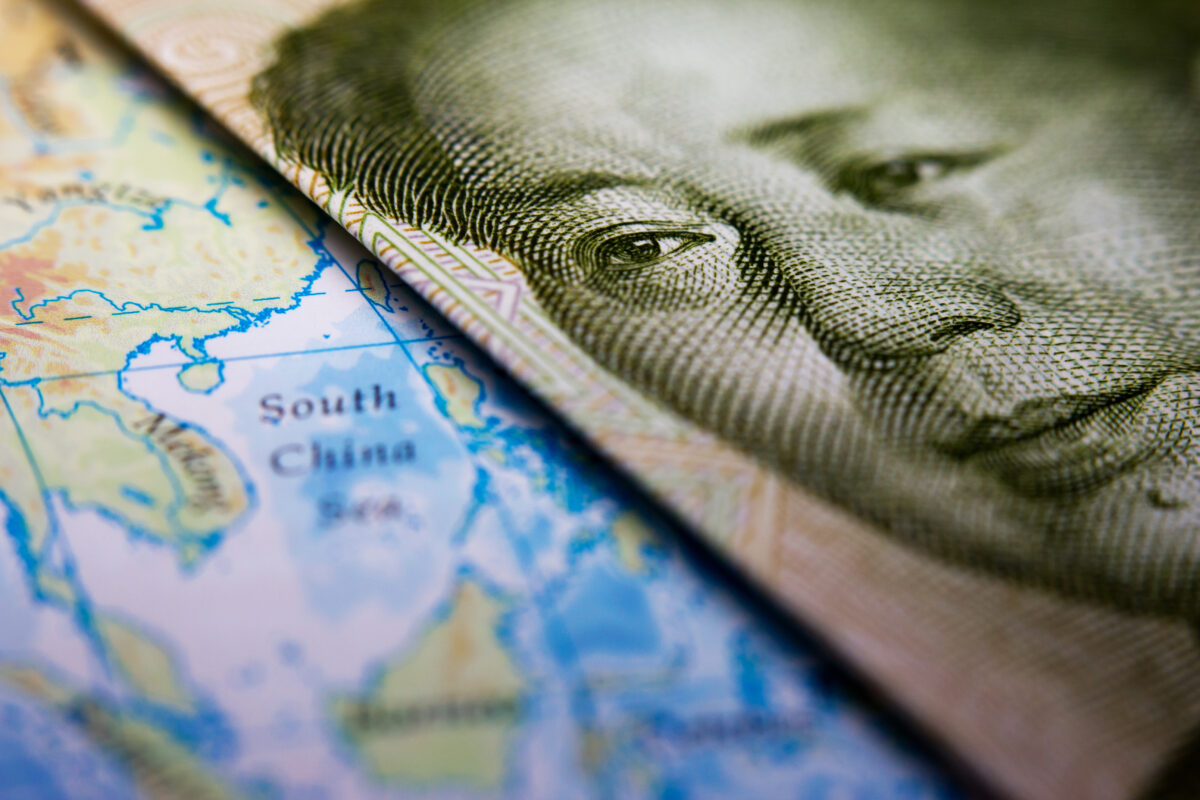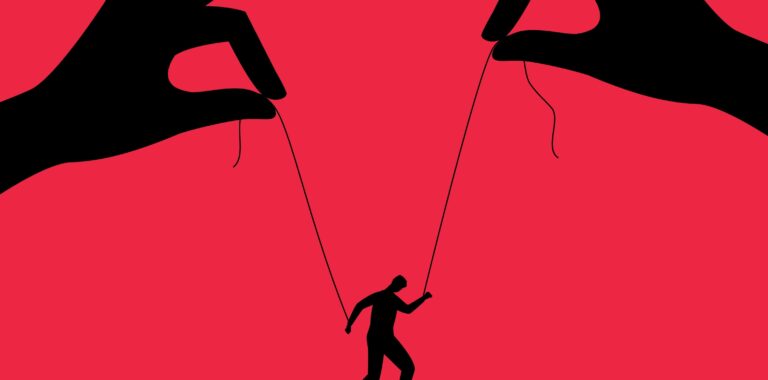This Hybrid CoE Working Paper delves into the ways in which China has utilized economic coercion to secure its goals in Southeast Asia. Since the early 2010s, China has emerged as a more proactive user of economic statecraft. Specifically, Beijing has become more confident in using economic tools to compel countries to behave in a manner that suits its interests through practices such as trade and tourism restrictions. China both compels countries to behave in a certain way through economic punishments (sticks) and uses economic inducements (carrots) to indirectly convince other states to behave in a manner conducive to its interests.

Hybrid CoE Working Paper 25: Chinese economic coercion in Southeast Asia: Balancing carrots and sticks
by Gatra Priyandita
Recent publications

Arctic region
 Hybrid CoE Paper 28
Hybrid CoE Paper 28Bracing for a cold front: Assessing Russian and Chinese strategic objectives and hybrid threat capabilities in the Arctic

Russia
 Hybrid CoE Paper 27
Hybrid CoE Paper 27Handbook on the role of non-state actors in Russian hybrid threats

Arctic region
 Hybrid CoE Paper 26
Hybrid CoE Paper 26Hybrid threats in high latitudes: Facing Russia on Svalbard

Disinformation
 Hybrid CoE Research Report 15
Hybrid CoE Research Report 15

